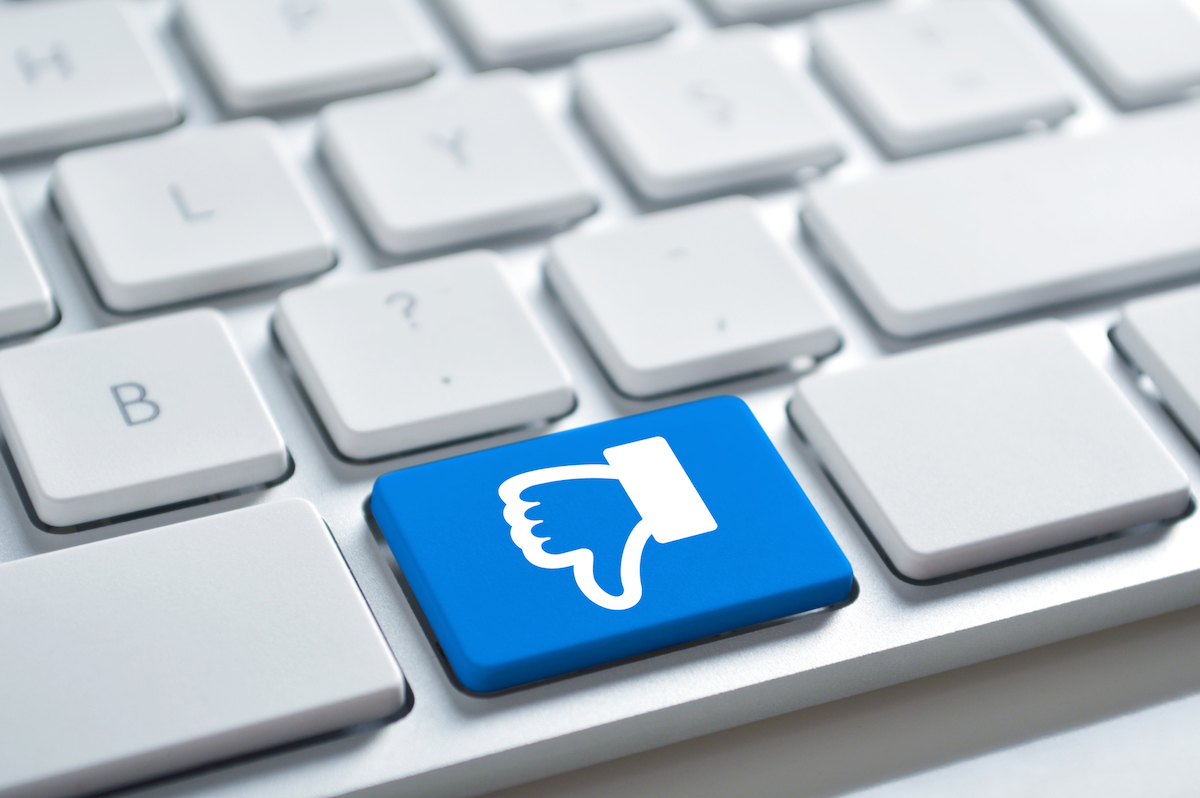Social media is a tool that CEOs and business leaders should embrace in order to connect themselves and their businesses with customers all over the world. However, misusing social media can have severe repercussions, such as losing followers or customers, developing a negative reputation, having your accounts banned, or even legal action being taken.
To avoid these events from occurring, here are four social media practices that CEOs and business leaders need to avoid:
-
Paying to increase your follower count
In an attempt to appear more popular, some Twitter account users have paid to receive thousands of new followers. However, it’s important to remember that it’s the quality of followers that matter, not the amount. Purchasing Twitter followers will only result in just that.
It won’t generate conversation and it won’t allow you to engage with consumers, CEOs, and business leaders. Instead, you should focus on obtaining followers in an organic manner, through means like sharing interesting content, and providing your thoughts on a topic that you have experience with.
Buying Twitter followers can also cause a backlash if revealed. In 2012, former US Presidential Candidate Mitt Romney was accused of purchasing followers, and while it was never confirmed, many still believe that a large proportion of his follower count was fake.
-
Being paid to post or comment
Sometimes you may come across a celebrity posting a positive comment about a business or one of its products. In most cases they will identify if they’re being paid to do so, but sometimes they don’t and this can result in a negative response from consumers when they find out.
This situation occurred when the South Australian Tourism Commission failed to mention they payed singer Shannon Noll and chef Matt Moran to tweet about Kangaroo Island as a holiday destination.
The public caught wind and a backlash ensued, with celebrities joining in to post negative comments about Kangaroo Island. Instead of paying a celebrity that your consumers like, try to relate to them yourself. This can be done by posting interesting links, or encouraging them to share photos and engage in conversations.
-
Using a natural disaster or charity event for your own benefit
Seeing a business or its CEO take the initiative to raise awareness for a natural disaster or charity can increase positive reputation. However, it’s important to be genuine when doing so otherwise an attempt to appear thoughtful could result in a crisis that could affect your reputation and the charities that are involved.
Bing Lee was subjected to a case similar to this in 2011 where they promised to donate $1 to the Queensland flood appeal for every like they gained across Twitter and Facebook. The campaign caused immediate backlash, and Bing Lee were forced to defuse the situation.
It’s because of situations like this that you need to put a lot of thought into what you post online. You only have one chance to get it right, and failure to do so can lead to dangerous results.
-
Taking advantage of review sites
Online review sites such as TripAdvisor and Eatability allow consumers to share their opinions on a business or service. In an attempt to increase reputation and combat negative reviews, some businesses have used fake aliases to post good reviews of their own.
Writer R.J Ellory did just that. He forged his own positive reviews for his books on Amazon and wrote negative comments about books written by other authors.
Instead of reacting negatively, you and your business should accept criticism with an open mind to change. If consumers have a problem that can be solved, you should make your best effort to do so. Not only will it make you and your business look better, but it will allow you to build a stronger relationship with your customers.
It’s practices like these that can affect your reputation as a business leader as well as the company that you’re a part of. When using social media, remember to consider how you conduct yourself and the steps that you take in order to avoid poor social media practice.





